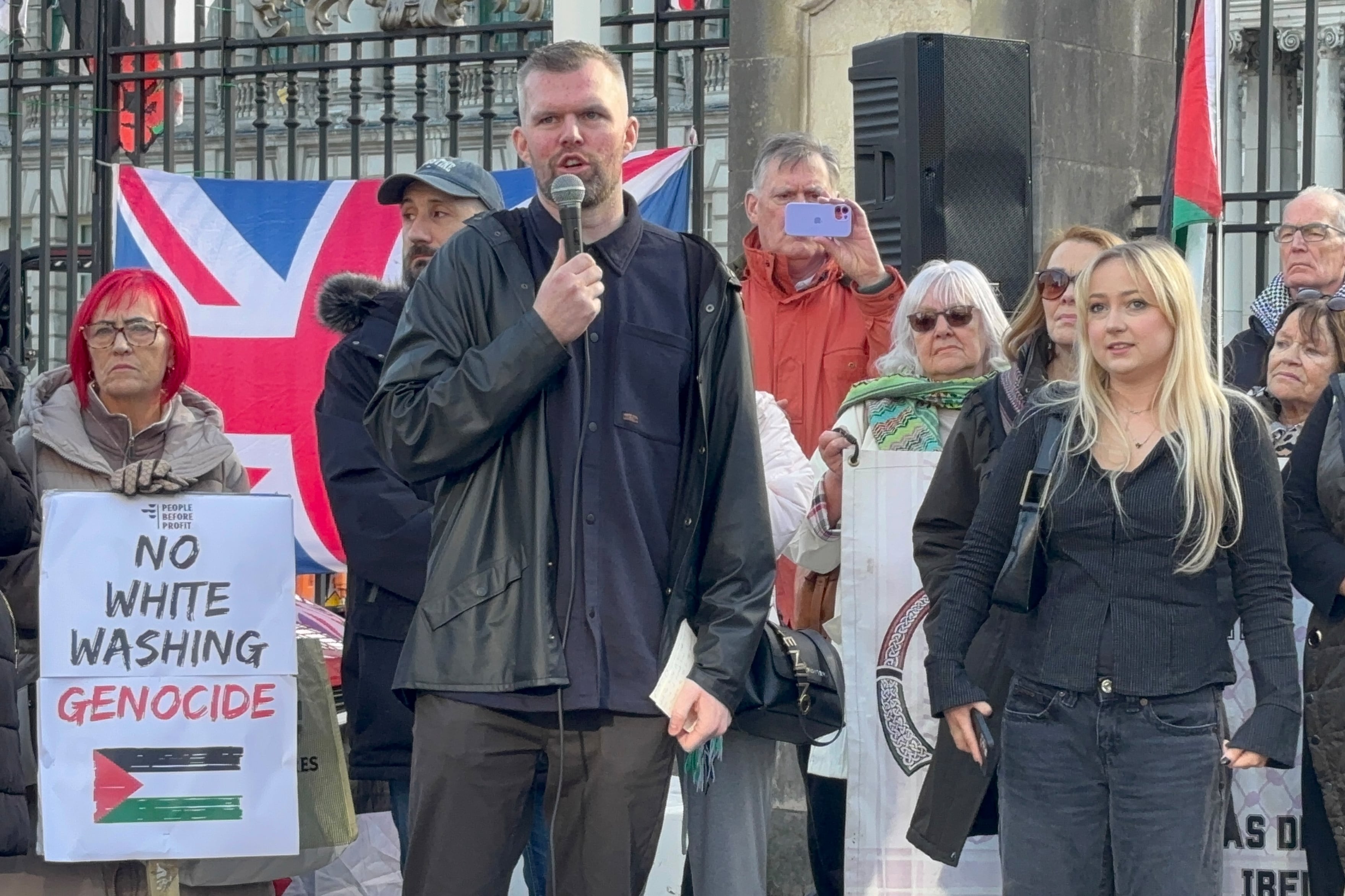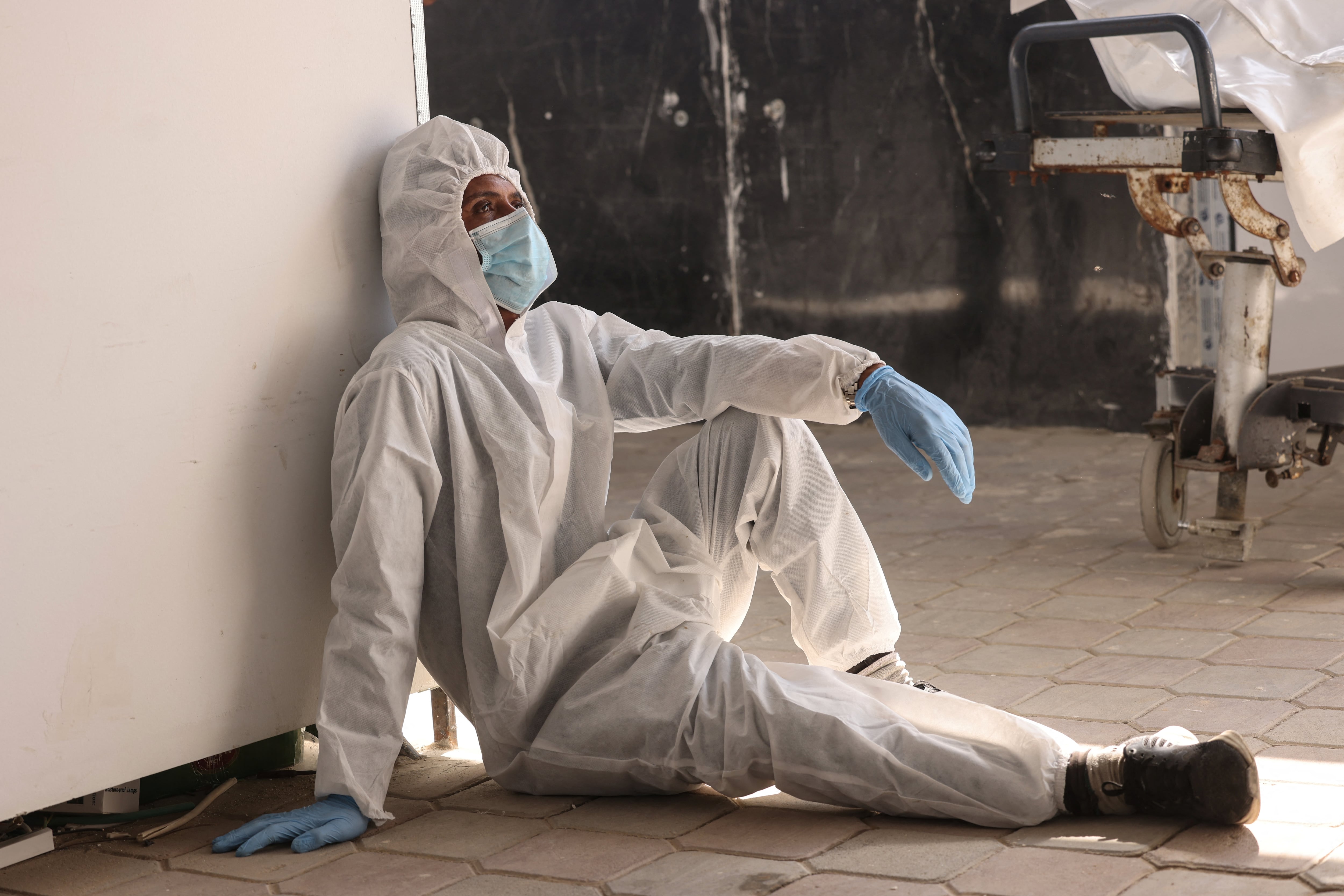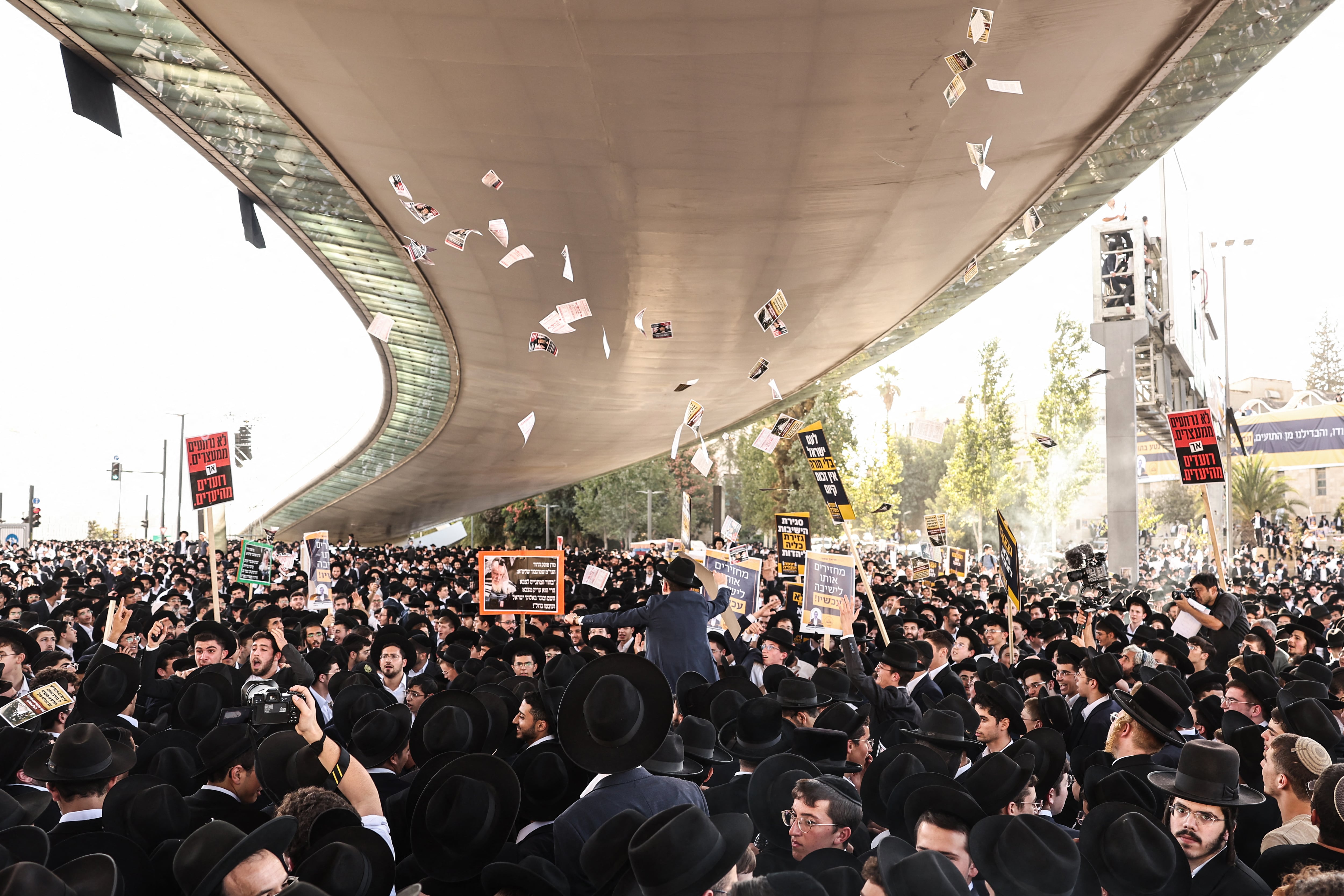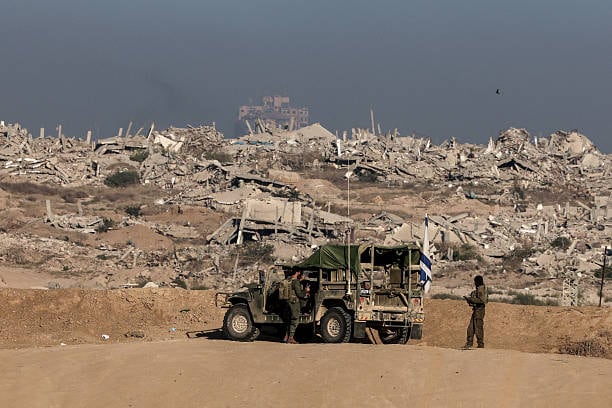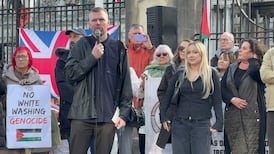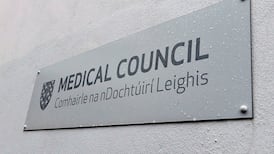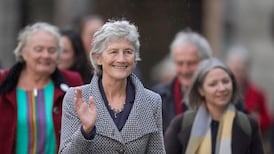A doctor from Gaza fears she will lose her place on a Master’s course at University College Cork because she cannot secure a visa to come to Ireland.
Baraa Mansour was evacuated from Gaza in May 2024 so she could complete her medical studies. She has been in Cairo in Egypt since then.
Ms Mansour (25) initially applied for a short-term study visa, which would have allowed her to stay in Ireland for three months, in March. This application was rejected in April.
She appealed this decision via Khurshid and Co solicitors, a legal firm based in Dublin. Her appeal was rejected in August.
READ MORE
In a detailed letter, the department outlined several reasons for refusing the visa. It set out concerns relating to an existing personal relationship Ms Mansour had in Ireland and “grave concerns” she may seek to overstay a visa and remain in the country without permission.
Later that month, she was offered a place on the Master of Public Health programme at UCC. She then reapplied for a long-term study visa and is awaiting a decision.

Ms Mansour said UCC “kindly” allowed her to delay her arrival to date, but she fears she will lose her place if the visa is not granted imminently.
A number of doctors based in Ireland have supported her application, including one who has paid around €9,000 in tuition fees and another who has offered her accommodation. The tuition fees will be refunded if Ms Mansour is not granted a visa and cannot come to Ireland.
Ms Mansour, who was studying to be a doctor at Al-Azhar University in Gaza when the war broke out, said it was “very, very difficult” to leave Gaza while her parents and other loved ones stayed.
She was among a group of medical students sent from Gaza to Egypt to complete their training. She is now fully qualified.
“I was forced to do that to continue and pursue my academic degree,” Ms Mansour said.
“You know you left your country and your family ... they face death, but you just save yourself and your dream.
“Before the war, I dreamed about going to Ireland or England to get a master’s degree and then a PhD degree, and then come back to my home.”
Ms Mansour said her ultimate goal is to return to Gaza but, for obvious reasons, it is not currently safe to do so.
She is aware of at least two other Gazans living in Cairo who have been offered places on master’s degree courses in Ireland but are also struggling to secure visas.
Ms Mansour described the refusal of her visa as “devastating” and hopes a resolution can be found.
In a letter dated August 12th, an official in the Visa Appeals Unit of the Department of Justice outlined why Ms Mansour’s visa was rejected.
The official said the applicant failed to supply all the relevant or complete documents, as well as details of an existing relationship in Ireland, and had not provided adequate evidence she would return to her country of residence after the visa expired.
The visa appeals officer told her they were concerned she might “seek to overstay any visa which may be granted to you and seek to remain in this country without permission”. As such, the officer said this might result in “a cost to public funds”.
In documents lodged as part of Ms Mansour’s appeal, Khursid and Co solicitors argued that – as their client is displaced due to the war in Gaza and temporarily living in Egypt – it is “difficult for her to follow and furnish all the necessary and relevant documentation”.
They added that “she has provided the maximum documents to prove her case”.

Her solicitors argued that she would not overstay her visa in Ireland, if granted one, stating: “She spent many years studying to become a doctor, and we believe she cannot afford to overstay in Ireland and risk her medical degree.”
Ms Mansour’s parents are originally from northern Gaza but were forced to move to the south of the Palestinian enclave.
“They are in a partially destroyed house, and they struggle with everything,” Ms Mansour said, noting they both have medical conditions.
She said her grandmother was killed in the war and her uncle, a surgeon, was kidnapped by Israeli forces last year while working at Nasser hospital in Khan Younis. The family have not heard from him since.
The Irish Times has spoken to the consultant who paid Ms Mansour’s tuition fees. The doctor, who did not wish to be named, said Ms Mansour “will not be a burden on the State”.
The clinician and some of her colleagues have pledged more financial support and offered Ms Mansour accommodation while she lives in Ireland. Ms Mansour also has her own savings.
The consultant said she believes there had been “a breakdown of communication somewhere” as Ms Mansour has provided as many documents as possible.
She said, given the “devastating situation” in Gaza, Irish authorities should support more doctors from the region coming to the country to further their education or work.
“These are highly skilled individuals,” she said.
A spokesman for UCC said the university “offers Sanctuary Scholarships to adult learners seeking international protection, including those with refugee or asylum status”.
“All offers to students are conditional on visa acceptance, a process outside the university’s control.”
A spokesman said the Department of Justice cannot comment on individual cases.
A statement noted: “In common with the position for all non-EU nationals, entry of Palestinian nationals is undertaken through the existing legal immigration pathways. It is possible to apply for a visa and for permission to remain in Ireland based on a variety of different reasons, including employment, education or a family relationship.
“While the Government has approved a medical evacuation programme for up to 30 sick children from Gaza for treatment and care, following an appeal from the World Health Organisation, more general special arrangements for Palestine nationals are not in place.”
The statement added that acceptance on a course of study alone is “not sufficient to be granted a study visa for Ireland”.
“Applicants must also meet set criteria including that they have sufficient finances to reside in Ireland, that their course is appropriate for their career and academic ability and that they obey the conditions of their visa in full.”

